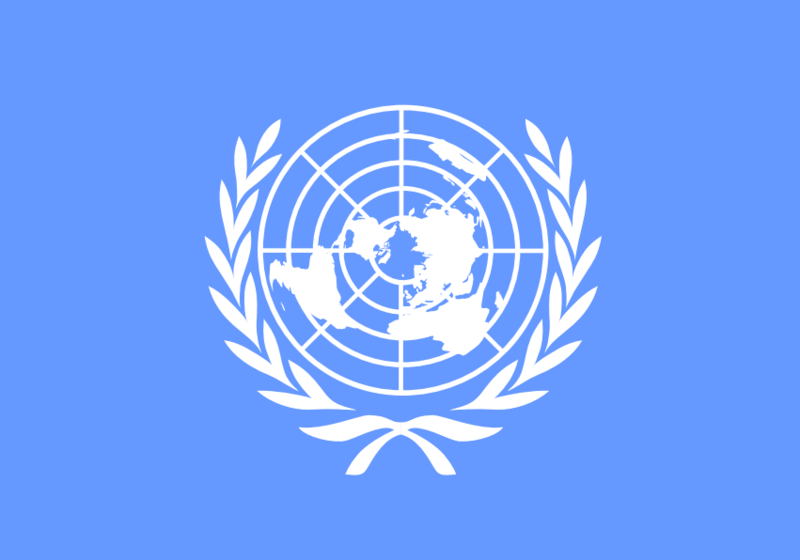

The COVID-19 pandemic has rolled back years, or even decades, of progress toward the Sustainable Development Goals (SDGs), a UN report shows.
The effects of the pandemic have reversed much of the progress made in reducing poverty, with global extreme poverty rising in 2020 for the first time since the late 1990s, according to the report released on Tuesday.
Even before COVID-19, the world was not on track to achieve the goal of ending poverty by 2030. Based on current projections, the global poverty rate is expected to be 7 percent (around 600 million people) in 2030, missing the target of eradicating poverty, SDG1.
COVID-19 has had a further and profound impact on hunger and food security, triggered by disruptions in food supply chains, income losses, widening social inequities, an altered food environment and price hikes. Between 83 million and 132 million additional people globally are likely to have experienced hunger as a result of the pandemic in 2020, according to The Sustainable Development Goals Report 2021.
Hunger was already on the rise prior to the pandemic. In 2019, some 688 million people were going hungry, compared with 628 million in 2014. In 2019, some 2 billion people were suffering from food insecurity.
The pandemic has interrupted essential health services and poses major health threats beyond the disease itself. A decade of progress in reproductive health, maternal health and child health could be stalled or reversed, according to the report.
COVID-19 has wiped out 20 years of education gains, with an additional 101 million children in Grades 1 through 8 falling below minimum reading proficiency levels in 2020, it said.
One year into the crisis, two in three students were still affected by full or partial school closures. The poorest and most vulnerable children are bearing the brunt of the crisis, exacerbating long-standing inequalities. Many risk never returning to school; some are forced into child marriage or child labor.
The social and economic impacts of the COVID-19 pandemic have adversely affected progress toward gender equality. Violence against women and girls has intensified; child marriage, which was on the decline in recent years, is expected to increase; and women have suffered a disproportionate share of job losses and increased care work at home.
The pandemic is exacerbating existing inequalities within and among countries and hitting the most vulnerable people and the poorest countries hardest. COVID-19 is estimated to increase the average Gini index, which measures income inequality, for emerging market and developing countries by 6 percent, it said.
Despite a pandemic-related economic slowdown, the climate crisis continues largely unabated. A temporary reduction in human activities resulted in a dip in emissions. However, concentrations of greenhouse gases continued to increase in 2020, reaching new record highs. It was one of the three warmest years on record, with the global average temperature about 1.2 degrees Celsius above pre-industrial levels. The world remains woefully off track in meeting the Paris Agreement target of limiting global warming to 1.5 degrees and reaching net-zero carbon dioxide emissions globally by 2050.
Biodiversity is declining, and terrestrial ecosystems are being degraded at alarming rates, said the report.
UN Secretary-General Antonio Guterres, in the foreword of the report, voiced concern about the trends, and expressed hope.
With a surge in global solidarity and leadership from the highest political level, countries can still deliver on the 2030 Agenda and the 2015 Paris Agreement, he said.
“A recommitment by governments, cities, businesses, and industries to ensure that the recovery reduces carbon emissions, conserves natural resources, creates better jobs, advances gender equality and tackles growing poverty and inequalities is a further imperative.”
UN Undersecretary-General for Economic and Social Affairs Liu Zhenmin said transformational changes are needed, and the SDGs provide the roadmap.
These include significantly strengthening social protection systems and public services; increasing investments in science, technology and innovation; creating fiscal space in developing countries; taking a green-economy approach and investing in clean energy and industry; and transitioning to sustainable food systems, he said.
Building back better requires effective multilateralism and the full participation of all societies. This global crisis demands a shared global response, he said.